Bahrami, E., Bahrami, A. Sci Rep 15, 6,521 (2025). https://doi.org/10.1038/s41598-025-90351-2
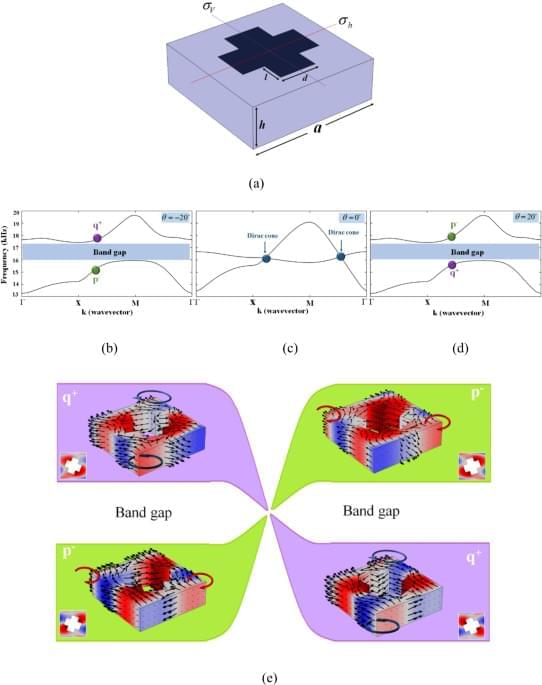

Bahrami, E., Bahrami, A. Sci Rep 15, 6,521 (2025). https://doi.org/10.1038/s41598-025-90351-2

Maybe it’s a life hack or a liability, or a little of both. A surprising result in a new MIT study may suggest that people and animals alike share an inherent propensity to keep updating their approach to a task even when they have already learned how they should approach it, and even if the deviations sometimes lead to unnecessary error.
The behavior of “exploring” when one could just be “exploiting” could make sense for at least two reasons, says Mriganka Sur, senior author of the study published Feb. 18 in Current Biology. Just because a task’s rules seem set one moment doesn’t mean they’ll stay that way in this uncertain world, so altering behavior from the optimal condition every so often could help reveal needed adjustments. Moreover, trying new things when you already know what you like is a way of finding out whether there might be something even better out there than the good thing you’ve got going on right now.
“If the goal is to maximize reward, you should never deviate once you have found the perfect solution, yet you keep exploring,” says Sur, the Paul and Lilah Newton Professor in The Picower Institute for Learning and Memory and the Department of Brain and Cognitive Sciences at MIT. “Why? It’s like food. We all like certain foods, but we still keep trying different foods because you never know, there might be something you could discover.”
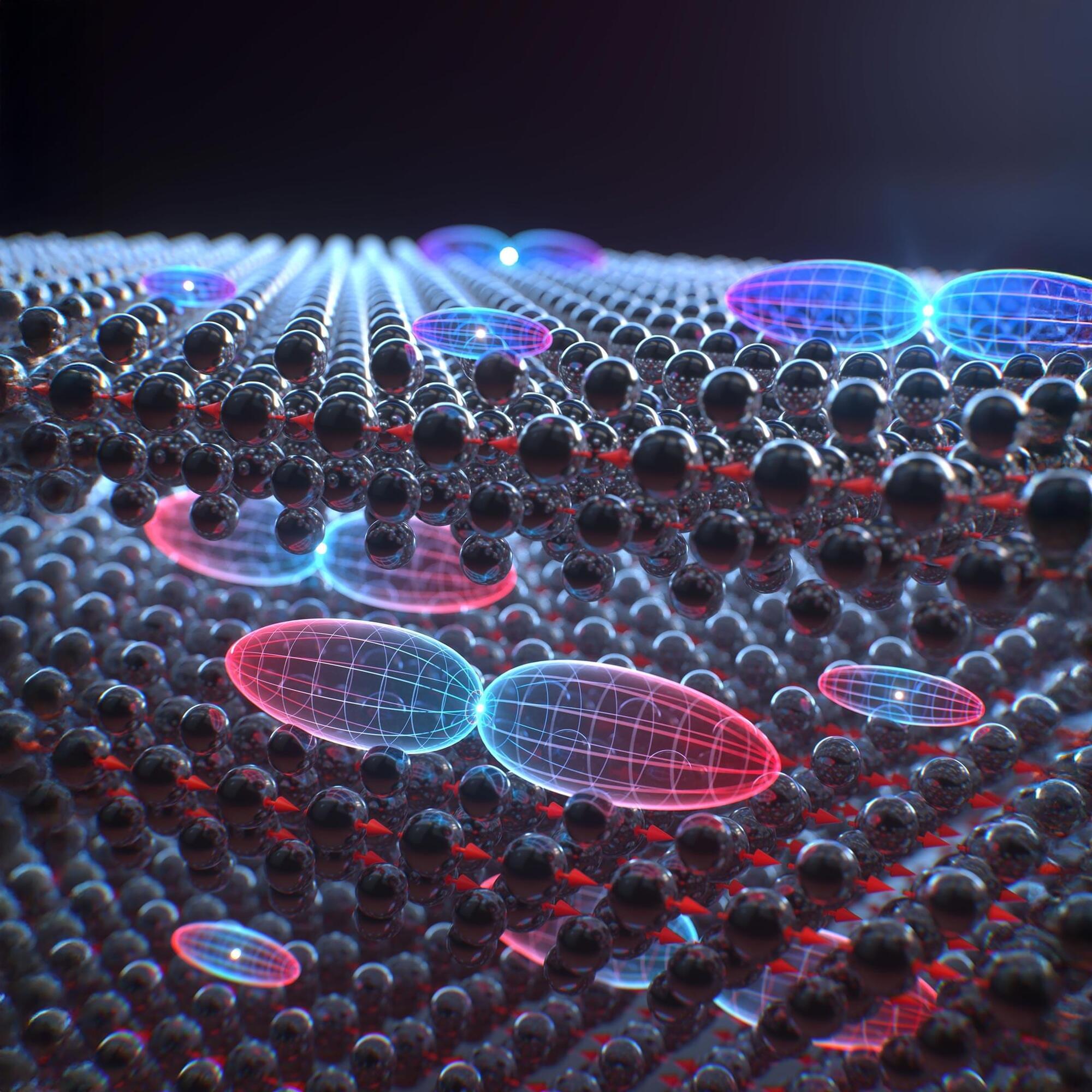
Scientists have found a new way to control quantum information using a special material, chromium sulfide bromide.
It can store and process data in multiple forms, but its magnetic properties are the real game-changer. By adjusting its magnetization, researchers can confine excitons—quantum particles that carry information—allowing for longer-lasting quantum states and new ways to process data.
Quantum “Miracle Material” Enables Magnetic Switching.
Now is the time to decipher what makes the brain both flexible and dependable—and to apply those lessons to AI—before an unaligned agentic system wreaks havoc.
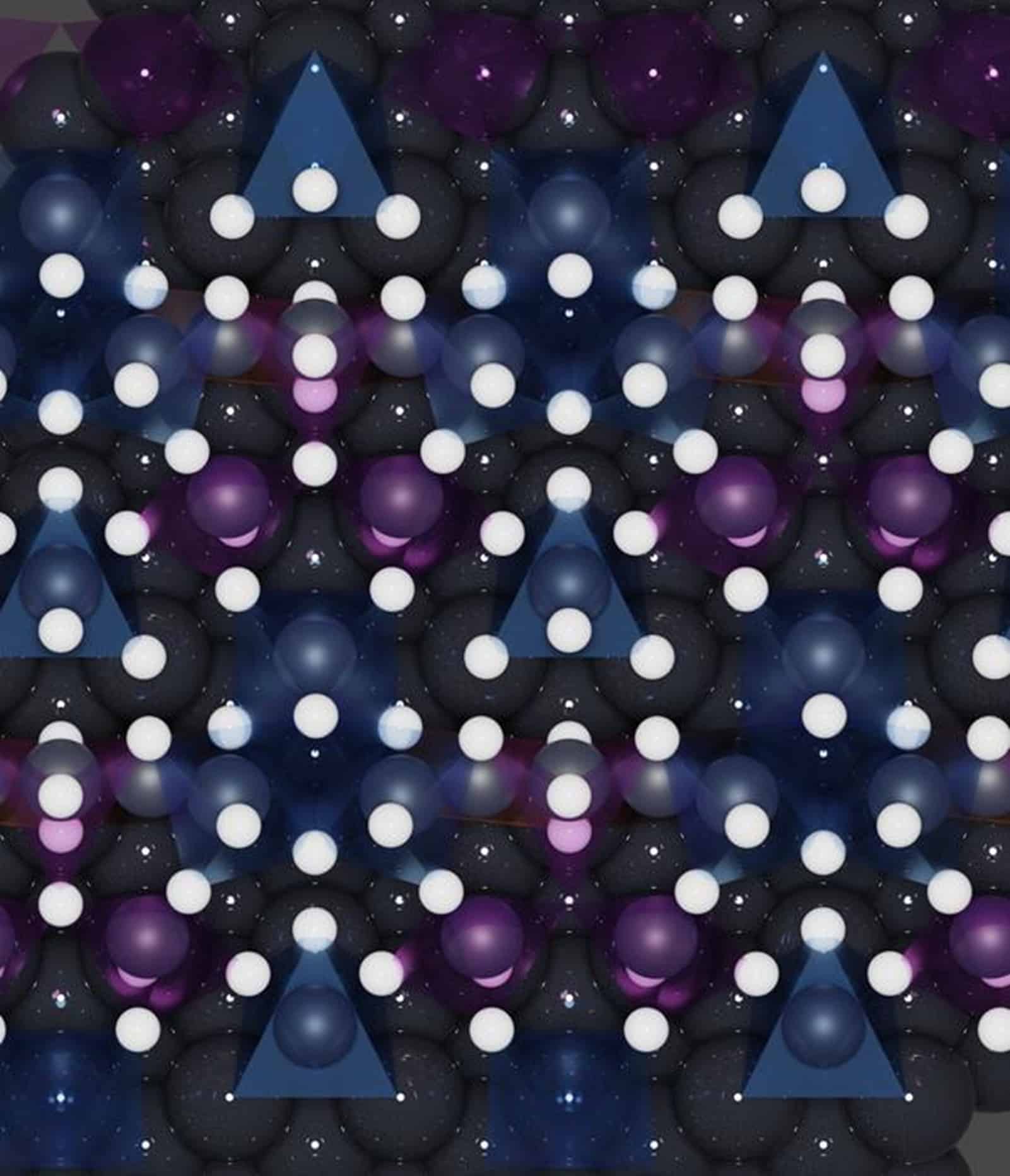
For nearly two decades, scientists have been puzzled by the corrosion of negatively polarized platinum electrodes, a costly issue for water electrolyzers used in hydrogen production and electrochemical sensors.
Now, researchers at the Department of Energy’s SLAC National Accelerator Laboratory and Leiden University have identified the culprit, paving the way for cheaper hydrogen energy and more reliable sensors.
Huntington’s disease is a neurodegenerative disorder that is usually fatal about 15 to 20 years after a patient is diagnosed. It is known to be caused by an aberrant repetitive sequence (CAG) in the huntingtin gene. Unaffected people carry fewer than 35 of these CAG repeats, while Huntington’s patients have more than 40 CAG repeats, which get longer, or expand over their lifetime. Scientists have now revealed that a specific subset of genes related to the repair of mismatched DNA, may have a key role in Huntington’s disease. The neurons that are impaired in Huntington’s are particularly susceptible to this mismatch damage that is not fixed. The findings have been reported in Cell.
In this work, the researchers used a mouse model of Huntington’s disease to study the impact of several genes on the disorder, including six genes related to DNA mismatch repair. In mice that were engineered to lack the mismatch repair genes Msh3 and Pms1, many of the symptoms of Huntington’s that these mice mimic were rescued. Some of the molecular and cellular pathology of Huntingon’s disease (HD) was no longer observed in the brains of these animals, and there were improvements in gait and movement.
Hollywood star Brad Pitt recently opened SINTEF’s conference on digital security. Well, actually, no, he didn’t. “I cloned his voice in less than three minutes,” says Viggo Tellefsen Wivestad, researcher at SINTEF Digital.
Wivestad began his talk on deepfake with himself on video, but as Brad, with his characteristic sexy voice: “Deepfake. Scary stuff, right?” And that is precisely the researcher’s message.
Deepfake will become a growing threat to us as both private individuals and employees, and to society at large. The technology is still in its infancy. Artificial intelligence is opening up unimaginable opportunities and becoming harder and harder to detect.
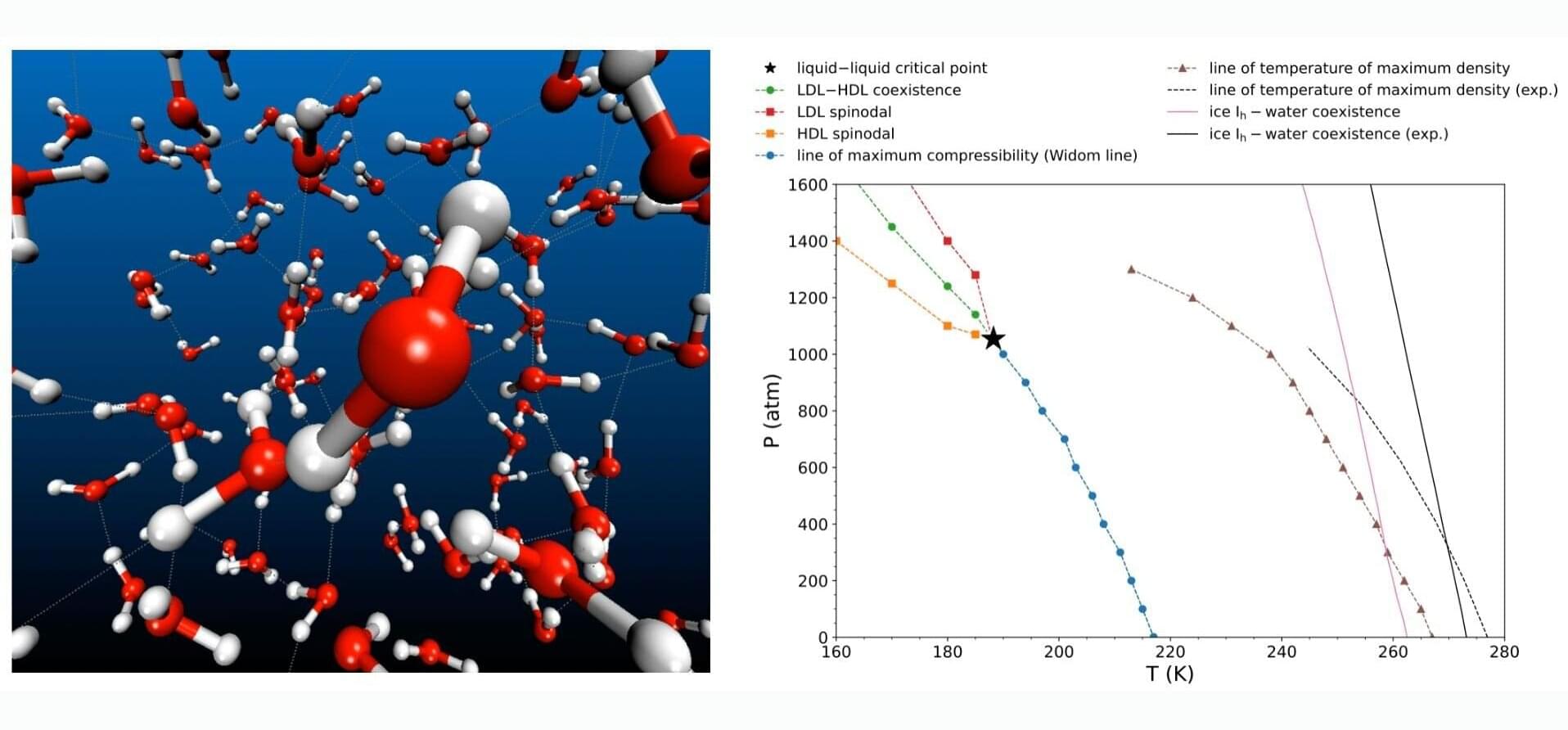
A new Nature Physics study has shed light on the long-hypothesized liquid-liquid critical point where water simultaneously exists in two distinct liquid forms, opening new possibilities for experimental validation.
Water is known for its anomalous properties—unlike most substances, water is densest in its liquid state, not solid. This leads to unique behaviors such as ice floating on water.
One of several such unusual characteristics has prompted decades of research to understand water’s unique behavior, particularly in the supercooled regime.
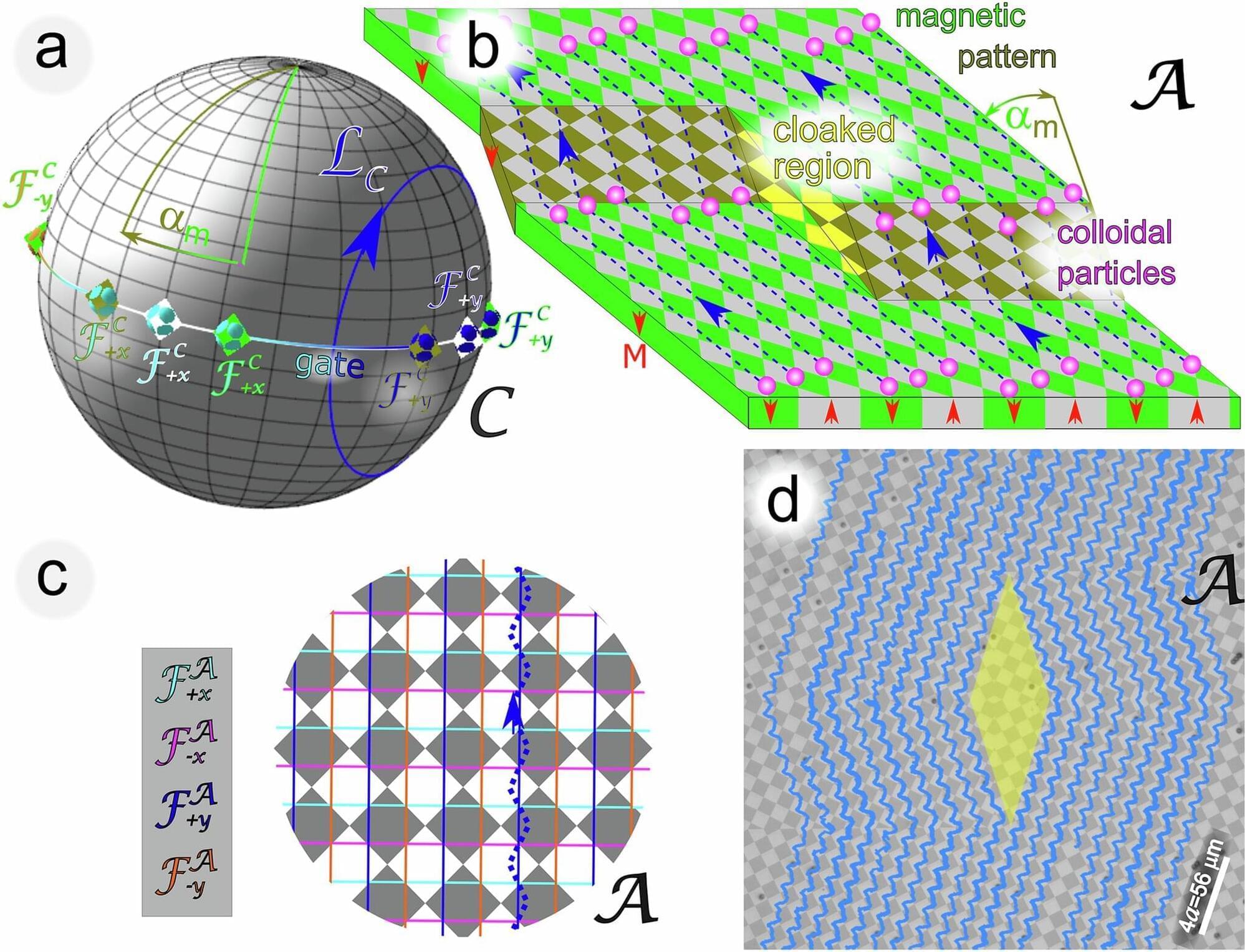
Researchers at the University of Bayreuth have developed a method that makes objects on a magnetic field invisible within a particle stream. Until now, this so-called cloaking had only been studied for waves such as light or sound. They report their results in Nature Communications.
Making objects invisible is no longer a purely fictional idea from fantasy or sci-fi films. At least to some extent, cloaking also works in research: manipulating objects in such a way that they become invisible to certain waves such as light or sound.
The Bayreuth researchers are extending cloaking to particle motions. Cloaking for particle streams on miniaturized chemical laboratories, so-called lab-on-a-chip devices, can help to transport active ingredients in a targeted manner without exposing them to undesirable premature chemical reactions.
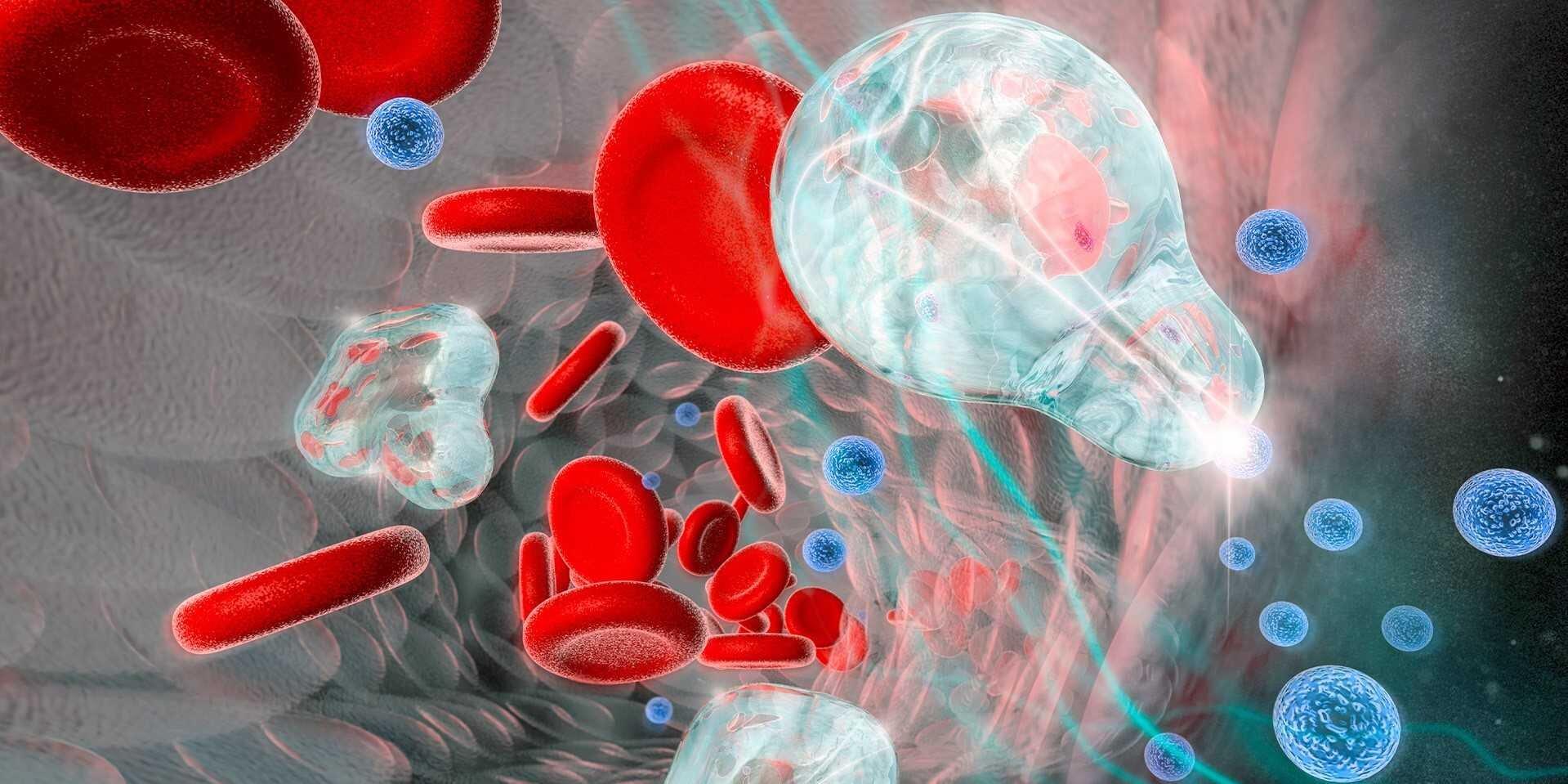
ETH Zurich researchers have investigated how tiny gas bubbles can deliver drugs into cells in a targeted manner using ultrasound. For the first time, they have visualized how tiny cyclic microjets liquid jets generated by microbubbles penetrate the cell membrane, enabling the drug uptake.
The targeted treatment of brain diseases such as Alzheimer’s, Parkinson’s or brain tumors is challenging because the brain is a particularly sensitive organ that is well protected. That’s why researchers are working on ways of delivering drugs to the brain precisely, via the bloodstream. The aim is to overcome the blood–brain barrier, which normally only allows certain nutrients and oxygen to pass through.
Microbubbles that react to ultrasound are a particularly promising method for this sort of therapy. These microbubbles are smaller than a red blood cell, are filled with gas and have a special coating of fat molecules to stabilize them. They are injected into the bloodstream together with the drug and then activated at the target site using ultrasound. The movement of the microbubbles creates tiny pores in the cell membrane of the blood vessel wall that the drug can then pass through.